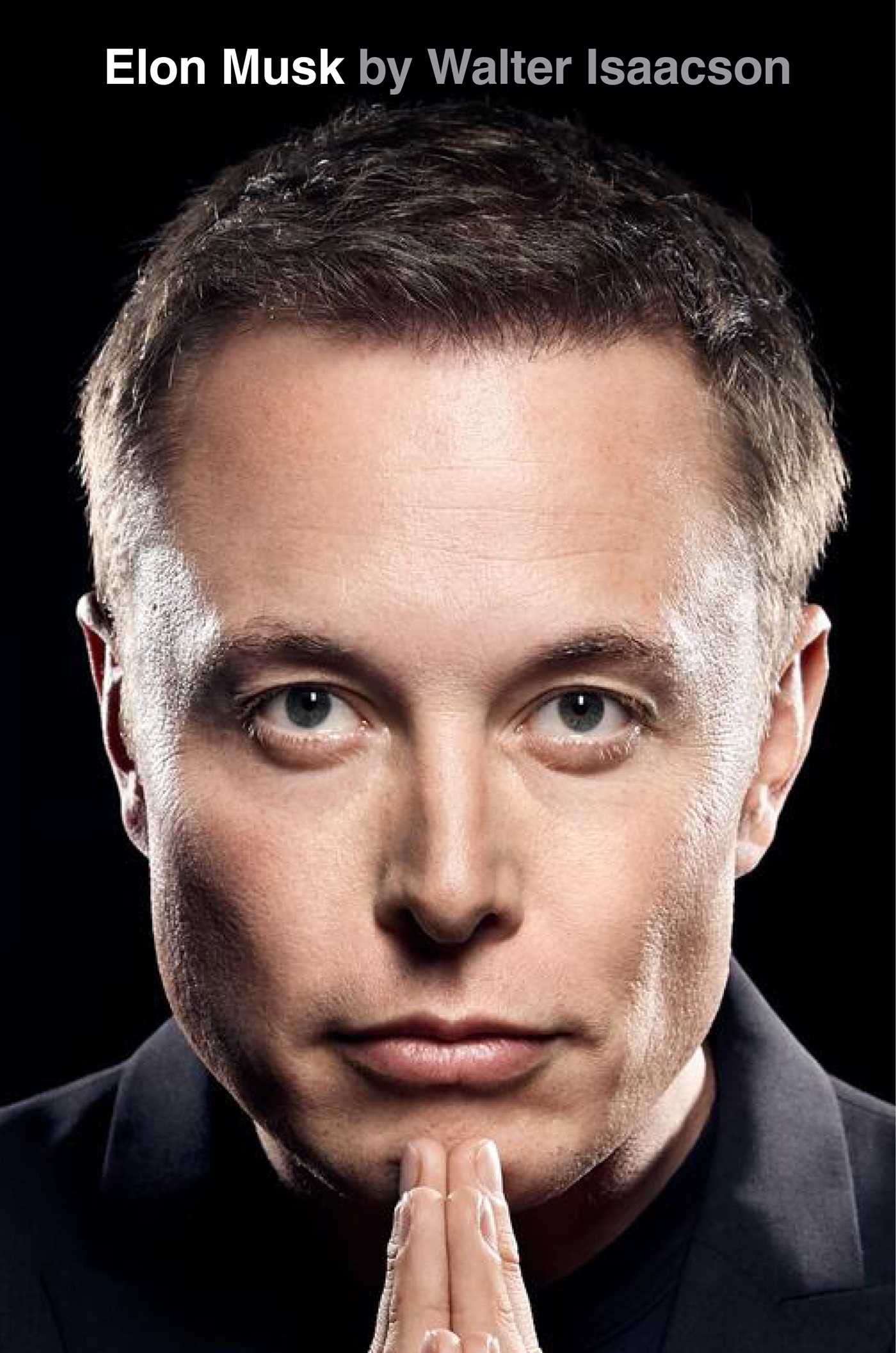90. The Twitter Files
byThe Twitter Files, a series of investigative reports published in December 2022, exposed significant concerns regarding the internal operations of Twitter’s content moderation policies. Journalists Matt Taibbi and Bari Weiss, invited by Elon Musk to investigate, dug deep into the platform’s communications and revealed how Twitter was allowing external entities—such as political figures, government agencies, and intelligence organizations—to exert influence over the removal of certain tweets. Among the most controversial revelations was how the platform handled the Hunter Biden laptop story, where external pressures led to tweets being flagged, moderated, or deleted. This raised serious questions about Twitter’s commitment to free speech, as it became clear that political bias played a substantial role in content regulation. The investigation unveiled a system where government entities appeared to have undue influence over the platform’s moderation decisions, challenging the notion of Twitter as a neutral public square for discourse.
Elon Musk’s involvement in making the Twitter Files public aligned with his broader goal of increasing transparency and advocating for greater free speech protections on the platform. His commitment to openness was, however, complicated by the legal and political ramifications of the investigation. As part of his push for transparency, Musk engaged in conversations with global leaders, including French President Emmanuel Macron, about regulating hate speech. Additionally, Musk’s participation in a confidential meeting in Washington regarding a SpaceX-related matter further highlighted the tensions he faced in balancing corporate interests, government relations, and his outspoken support for free speech. Musk’s dual role as both a business leader and an advocate for free expression put him in a difficult position, where he had to manage the influence of powerful government bodies while ensuring that Twitter remained an open platform for all voices.
Weiss, working alongside Taibbi, uncovered further troubling practices that added layers to the ongoing debate about content moderation. One such practice was “visibility filtering,” a covert method of suppressing certain opinions, especially those with conservative viewpoints, without completely banning them. This tactic undermined Twitter’s claim to neutrality, as it became clear that some opinions were being subtly silenced in ways that were difficult for the public to detect. While not overt censorship, visibility filtering represented a form of political bias that contradicted Twitter’s stance on promoting free speech. The investigation revealed that content moderation at Twitter went far beyond simple removal of harmful material, leading to the conclusion that political leanings had a significant influence on the content visible to users.
Another key aspect of the investigation was how Twitter employees responded to external pressures, particularly from government agencies. Instead of pushing back against these requests, many within the company appeared more willing to comply, which raised concerns about the platform’s ability to maintain its independence. This willingness to censor or suppress content in response to outside influence has ignited a debate on whether social media companies should be more transparent about their moderation practices and how much power government bodies should have over digital content. The Twitter Files investigation exposed a tension between the ideals of free speech and the increasing involvement of government in regulating online platforms, highlighting the difficulties that come with balancing these competing forces.
The revelations within the Twitter Files investigation sparked an intense conversation about the role of social media platforms in shaping public discourse and controlling the flow of information. By shedding light on the internal practices that governed content moderation at Twitter, Taibbi and Weiss illuminated the complexities of managing a platform with the power to influence political narratives and public opinion. The investigation raised important questions about whether social media companies, in their capacity as the dominant sources of information, can truly remain neutral and objective, or if they are inherently vulnerable to political pressures. As these challenges continue to evolve, the issue of how to regulate content on platforms like Twitter without infringing on free speech will remain a critical discussion in both the public and legal spheres. Musk’s push for transparency, paired with the revelations from the Twitter Files, underscores the growing tension between the responsibilities of social media platforms, the need for moderation, and the protection of free speech in an increasingly polarized world.


